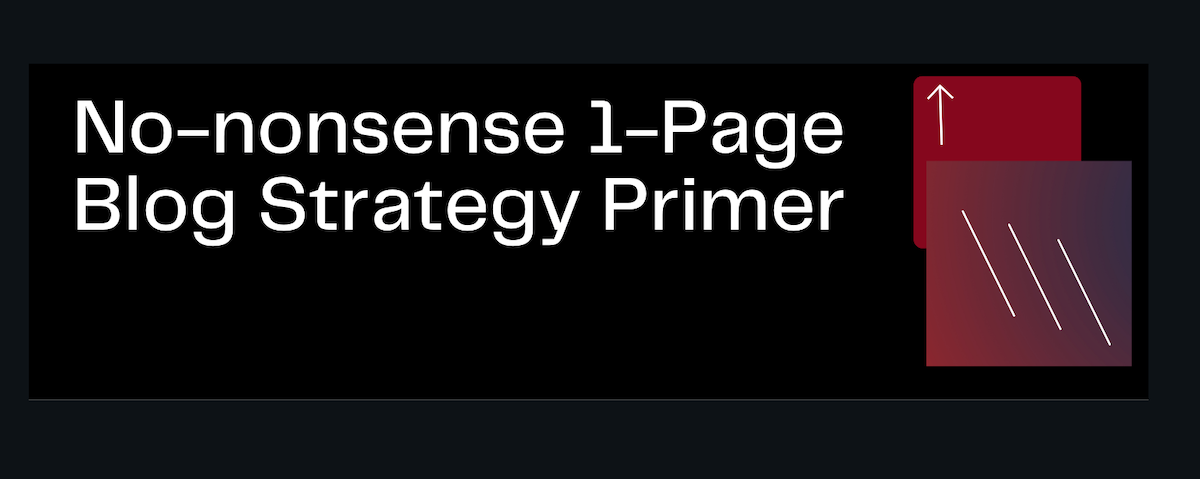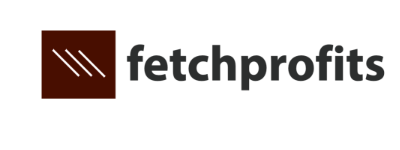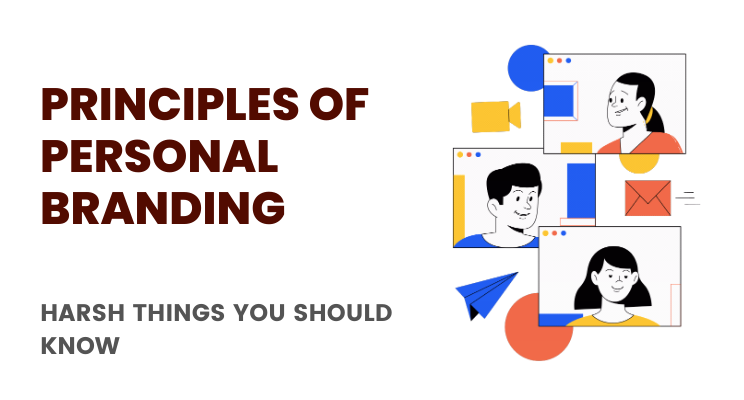Just like principles of management and principles of personal finance, there’s principles of personal branding as well — unwritten rules that work much like the boring but incredible power of compounding.
We are all different: What personal branding means to you (might not be what it means for Oprah). Further, picking off of personal branding examples on the web might not do you justice because you and I aren’t Beyonce and Dave Ramsey.
Beyonce gets paid millions just to show up and sing or dance. Maybe we don’t want that (or do we?).
Either way, here are some open secrets, tenets, and principles for Personal Branding:
Ask Yourself What You Want [Coz Work Never Ends]
Either way, even before you read anything online (or ask offline), you’d need to do one thing above all: Ask yourself why you want to down this path of personal branding. Why you’d want to put in soul-sucking, time-consuming, never-ending, and ultimately rewarding work that really goes into Personal Branding?
My case: For me, personal branding was an afterthought. After spending decades “Ghost marketing”, “Ghost writing”, and “Ghost blogging” — an unbelievable 18+ years — I thought trying to do something for myself (like blogging regularly or being active on social media or doing short videos for YouTube) was the least I could do for myself.
It’s what I wanted to do before hanging up the proverbial hammer.
Before letting go. Before I retire (maybe?).
Clearly, personal branding — or anything I do remotely close to it — isn’t for making money or for fame. It’s not for me to get digital marketing projects or get featured on television. It’s not for me to write books and it’s not for venture capitalists to find (and fund) me.
For me, personally, Personal branding work I do (if any, or if at all) is only for giving my career the ending it deserves.
For you? I don’t know. You tell me.
Either way, here are some open secrets, tenets, and principles for Personal Branding:
Avoid Herd Mentality (blind follows, blind everything)
On social media (mainly), the blogs you read, the videos you watch, the podcasts you listen to, and the courses you take.
Here’s how it goes:
Social proof works full-swing here (everywhere). You’ve heard about ConvertKit because everyone talks about it. You’ve heard about ChatGPT since the world doesn’t seem to shut up talking about it. Some online course creators teach what you already know, but you’d buy anyway. This is how it used to be during WarriorForum days (with their War Room).
Social media is full of folks trying to be people they really aren’t (and you have no way to check). People flexing on social is making social media more toxic than ever.
If you let it, your mental health goes for a toss.
Be on social? Yes. Believe, follow, do, get influenced by? You call. But I have my feelers up.
I don’t trust anyone but me. You ought to trust yourself and then some more.
Create First, Consume Next
There’s no two ways about this (and I won’t get diplomatically irritating with you): If you want to influence, build a personal brand, grow your business, generate results (traffic, leads, sales), you must create.
Create more than you consume.
Create content even when you feel like you’ve nothing to say or write.
Create content on a topic you feel might have already been done to death.
There’s a ton of work you’d have to do: blogging, videos, social media, email marketing, live streams, webinars, and then repeating it all over again.
It doesn’t stop. There are no secrets. No, growth hacking won’t help either.
Create. Distribute (share). Create. Share. Create. Share.
Never stop.
Be Truthfully Vulnerable (Been-there-done-that-Failed-often)
You won’t build anything close to a personal brand if you were to parrot what you picked on Twitter, YouTube, TikTok, or listen (or view, or watch) some random influencer on social media.
Don’t get me wrong. I love what influencer marketing brings to the table, and there are several folks who do inspiring work. There are large influencers, small influencers, and micro-influencers. Bloggers, content creators, and brands do a lot to inspire you and teach you.
You can even get influencers to work for you.
There are two things to remember:
- be careful who you choose to get influenced by.
- Be extra careful as to what you are going to write/do/speak about next.
Sad reality: most of what you read, listen to, and watch is pure crap.
This is an opportunity for you then: Be truthful, back up your content with research, show your vulnerable side, and talk like you are in the journey (whatever journey that is!) with your audience.
“I am trying to get wealthy. Here’s how I am doing it”
This is way better than 18-yr olds or broke old men who got nothing to do except talk into a camera (you have no freaking idea who they are or what their reality is) who keep telling you:
“Do you want to make a million? I’ll show you how”
If you have millions, why are you wasting time on YouTube (it’s hard work, that YouTube thingy) instead of living it up in Barbados?
“I have a notion document that shows how I made 6.3 Million In a Year”. Send me DM and I’ll ship it to you?
Really? I’d have been sipping Pina Colada on the white sandy beaches of Maldives, bro.
Have a refreshing point of view (your own, and maybe backed by historic data or personal experience or take-aways after “achieving” something — that little something on which you are talking about.
Honesty is Not The Best Policy [But stick to it]
In the world of the Web (and increasingly offline as well), honesty has gone for a toss. You no longer get brownie points for being honest. If you say it like it is, it’s boring.
Do the right thing, and it’s boring as hell.
For instance, consider this:
“Start investing in your mid twenties and continue to invest. Retire with millions by the time you are 55-60”
Perfect thing to do. Worked a gazillion times. It doesn’t need courses, coaching, or training to do that. You could practically be at any income level and become a millionaire.
Honest, time-tested advice.
But no: you’d still fall for the “Make millions in a month” crap.
Just the way we are, I guess?
Now apply strings of advice — from investments to content marketing; from digital advertising to supply chain management thought-leadership advice.
Go anywhere. Read anything. But note that honesty gets you downvoted.
Yet, I’d proclaim that if it’s worth doing anything related to personal branding, you better have honesty as the underlying ethos of it all.
You won’t be popular (I guarantee) but you’ll sleep well.
What do you think?

GET ACCESS TO MY FREE, 1-PAGE BLOGGING STRATEGY PRIMER
- Weekly Newsletter
- eBooks, Checklists
- Courses, Discounts
Tell me all about it on Twitter, LinkedIn, or my LinkedIn Brand page.

